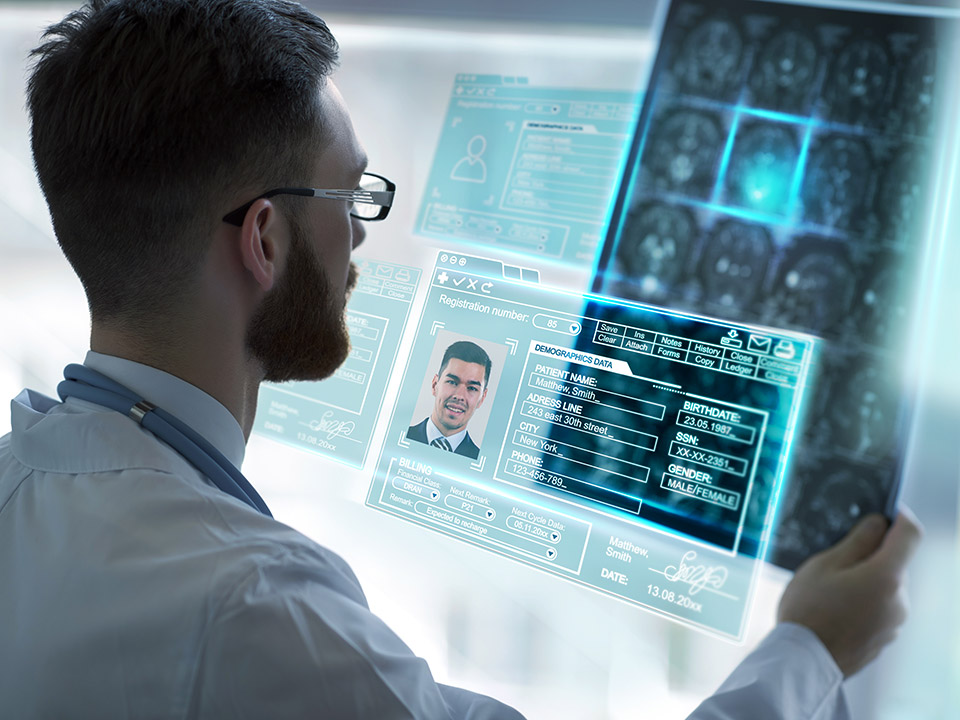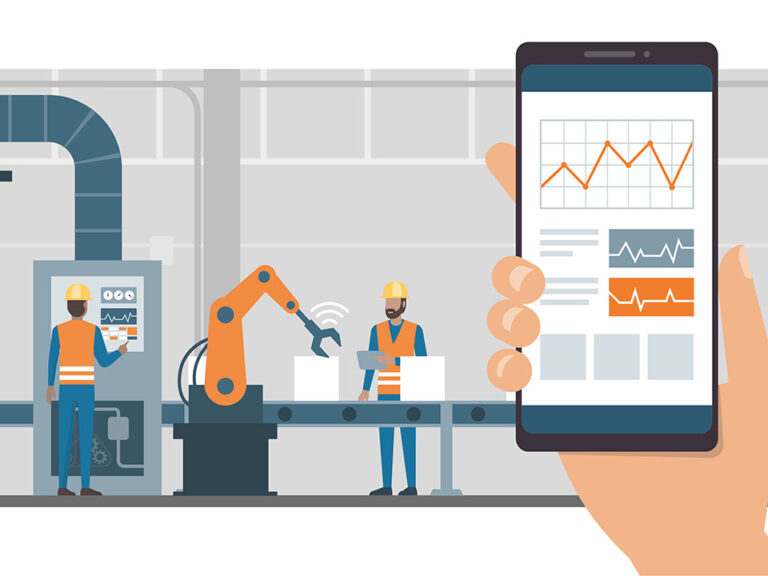In the life sciences sector, a revolution is underway. The integration of artificial intelligence (AI) and automation technologies is not just enhancing existing processes; it’s redefining what’s possible. From accelerating drug development to transforming patient care, AI and automation stand as pivotal game-changers, ushering in a new era of efficiency, precision, and innovation.
Revolutionizing Drug Development
Accelerating Discovery and Development
The journey from concept to market for new drugs is notoriously long and complex. However, AI algorithms and machine learning (ML) are poised to revolutionize this process. By analyzing vast amounts of data, AI can identify potential drug candidates much faster than traditional methods. This not only speeds up the drug development process but also significantly reduces costs, making the development of new treatments more feasible and efficient.
Enhancing Clinical Trials
Automation and AI technologies are transforming how clinical trials are conducted. Through the use of predictive analytics and AI-powered systems, researchers can better identify suitable participants, predict outcomes, and monitor trials in real time. This leads to more efficient trials, improves patient safety, and ultimately accelerates the availability of new treatments.
Improving Patient Care with AI and Automation
Personalized Medicine
The power of AI to analyze and interpret complex data is enabling a shift towards more personalized medicine. By leveraging genetic information and other patient data, AI algorithms can predict how individuals will respond to certain treatments, allowing healthcare providers to tailor therapies to the individual patient. This personalized approach has the potential to significantly improve patient outcomes.
Automating Routine Healthcare Tasks
Automation is reshaping routine tasks in healthcare, from patient scheduling and administrative workflows to data entry and analysis. By automating these time-consuming tasks, healthcare professionals can dedicate more time to patient care and decision-making processes, ultimately enhancing the quality of care provided.
Navigating Regulatory Compliance and Data Security
In the life sciences and healthcare industries, regulatory compliance and data security are paramount. AI and automation technologies are equipped with sophisticated algorithms and encryption measures that ensure compliance with regulatory standards and protect sensitive patient data. This not only safeguards patient information but also streamlines the process of meeting complex regulatory requirements, enabling faster innovation with fewer obstacles.
The Future of Life Sciences: AI-Driven Transformation
The impact of AI and automation on the life sciences industry is profound, offering transformative solutions to some of the sector’s most significant challenges. From drug discovery and development to patient care and regulatory compliance, these technologies are setting the stage for a future where the possibilities are boundless.
Data-Driven Insights and Innovation
The ability of AI to process and analyze vast amounts of data is unlocking new insights and opportunities for innovation. Whether through the development of new drugs or the optimization of healthcare delivery, AI-driven data analysis is at the forefront of advancing the life sciences sector.
Shaping the Healthcare Experience
AI and automation are not just transforming the operational aspects of the life sciences sector; they’re also reshaping the patient experience. From wearable devices that monitor health in real-time to AI chatbots that provide immediate assistance, technology is making healthcare more accessible, personalized, and effective.
Conclusion
The integration of AI and automation in the life sciences sector marks a pivotal shift toward more efficient, personalized, and innovative healthcare solutions. As these technologies continue to evolve and mature, their potential to revolutionize industries and improve lives grows ever more significant.
For those looking to harness the game-changing power of AI and automation in the life sciences sector, Leaniar is here to help. Our expertise and cutting-edge solutions can guide your organization through its digital transformation journey, optimizing processes and improving outcomes. Contact Leaniar today to embark on a transformative journey that leverages the full potential of AI and automation.
Frequently Asked Questions
How does AI accelerate drug development?
AI analyzes large datasets to identify promising drug candidates, significantly speeding up the research phase and reducing development costs.
Can AI improve clinical trial outcomes?
Yes, by using predictive analytics to select suitable trial participants and monitor progress in real-time, AI can enhance the efficiency and safety of clinical trials.
What role does automation play in patient care?
Automation streamlines administrative tasks and data management, allowing healthcare professionals to focus more on patient care and less on routine paperwork.
How do AI and automation address regulatory compliance?
They ensure data accuracy, security, and adherence to regulatory standards through advanced algorithms and encryption, simplifying compliance processes.
What future advancements can we expect from AI in life sciences?
Future advancements include more precise personalized medicine, faster drug development processes, and AI-driven insights leading to groundbreaking healthcare innovations.






